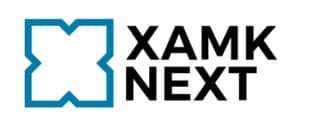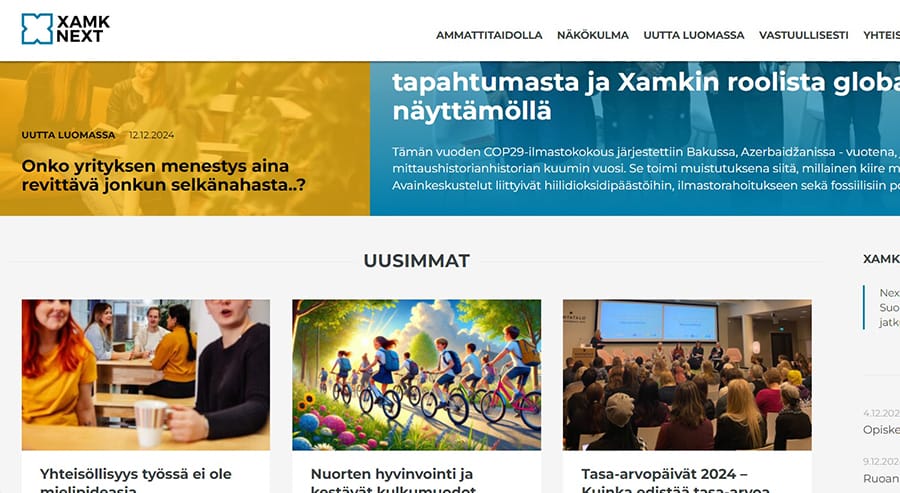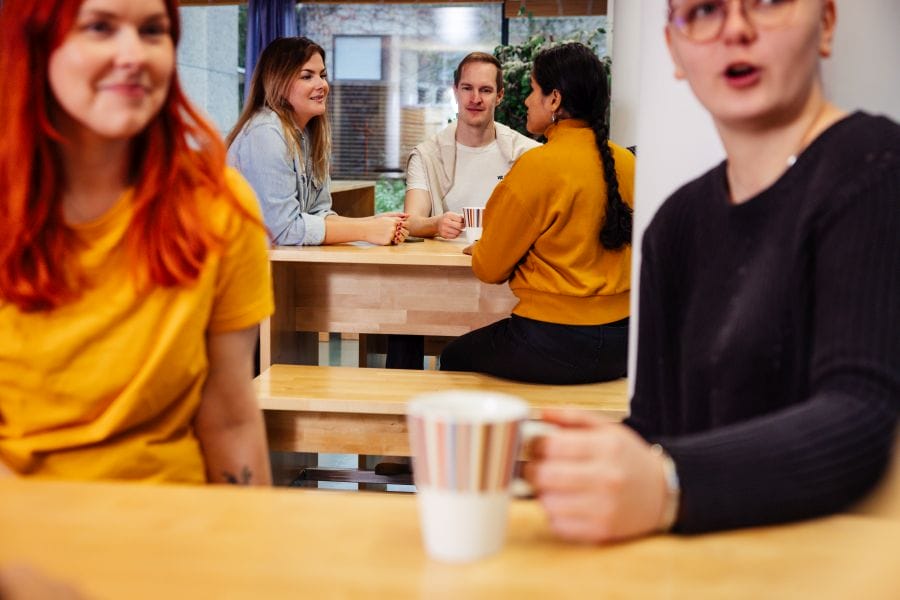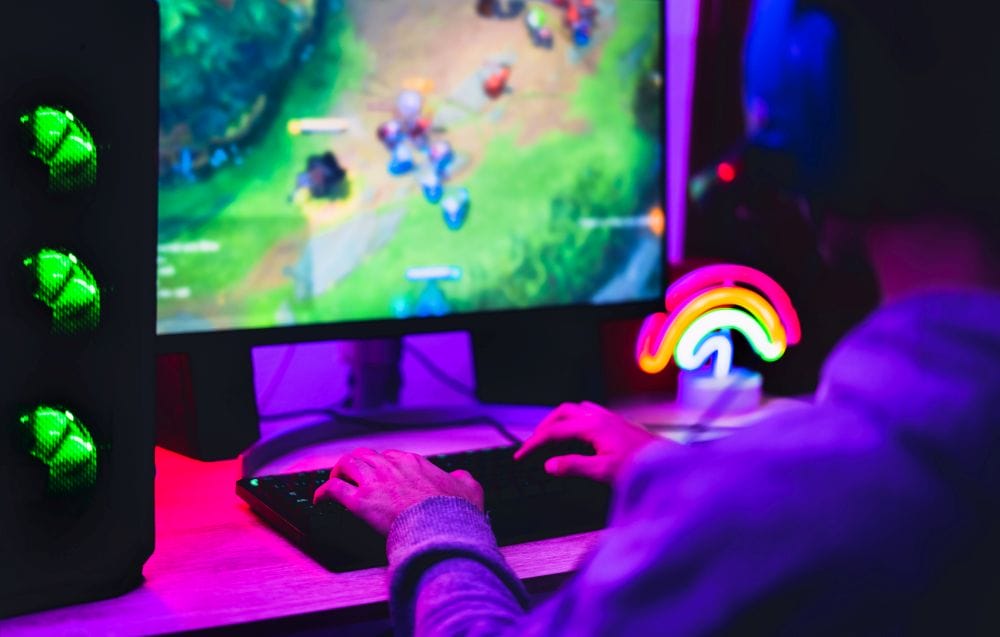How we built a small e-sports community out of Xamk students
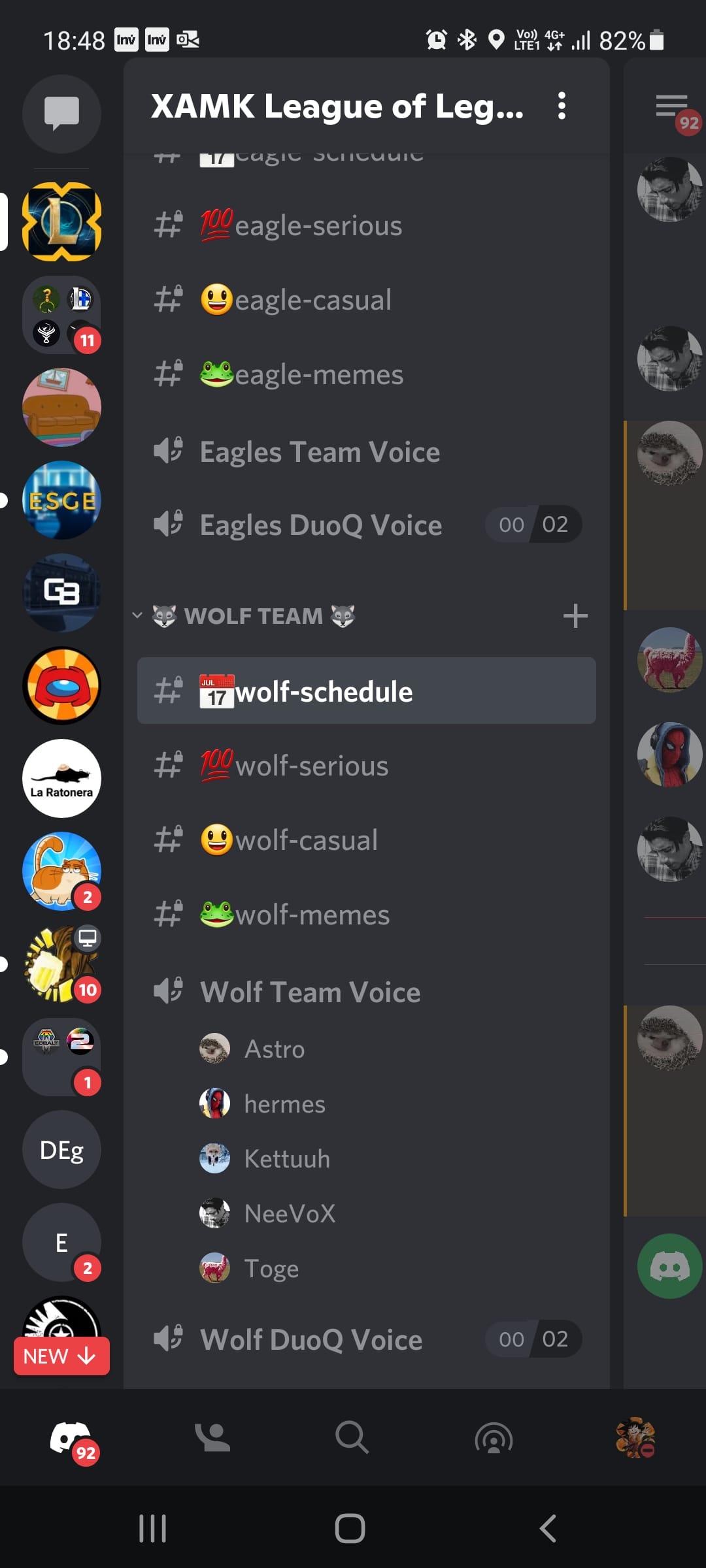 While doing my first work period inside the ESGE project, something was bothering me. I realised the project was doing a great job in putting together and gathering information on the different organizations that were interested in Esports as a business, and interesting emerging activity.
While doing my first work period inside the ESGE project, something was bothering me. I realised the project was doing a great job in putting together and gathering information on the different organizations that were interested in Esports as a business, and interesting emerging activity.
But we were forgetting about two very important factors: Xamk students and players. We did not have a team focused on building a longstanding community where students could come together frequently to share their interests, in this case, video games.
At times we did gaming activities organized by our project members, but as soon as there would not be someone to host them, nothing was happening, and silence would sink in. Clearly there was a demand and considering the indoors situation brought by the pandemic, I saw Discord as the perfect place to gather such a community and offer a place for our students to some noise.
There were a few more factors that helped this project to get in track. As students ourselves, we knew that there was (and still there is) a demand for after-school activities with fellow students, caused by loneliness of remote studying under corona restrictions.
On the other hand, as gamers ourselves, we wondered “Why aren’t there any gaming clubs in Xamk?” We knew there were a lot of gamers, but they were not united in a single community or group. We kept reading that an unmet demand existed. When our League of Legends teams project came to be, it capitalized on this need and was the first steppingstone for an active Xamk Online Community.
Gathering students for our teams
To put together the teams, the first step was to get someone who knew the ropes of the game better. Here is where the collaboration between us, writers Atte and Damián was born.
We sent out then a calling via student email, for all League of Legends players interested in regular team play. They were asked to fill a registration form for the team, which was to help us choose and sort the players into the kind of teams that suit them the best. We received 15 answers from which 10 would form our first two Xamk Esports teams.
The sorting hat
Once we gathered some information from the players through the form, we used the information provided to sort them according to the following criteria: what are their expectations, their in-game experience, and their availability. In that order of importance.
We decided that A Team would be focused on a competitive mind-set, while our B Team would be focused on having fun, forming a friend group with a more relaxed mind-set.
This expectation-based division has been key for the teams to operate in a cohesive way, and we frequently ask the players if their stances have changed.
The home of two teams

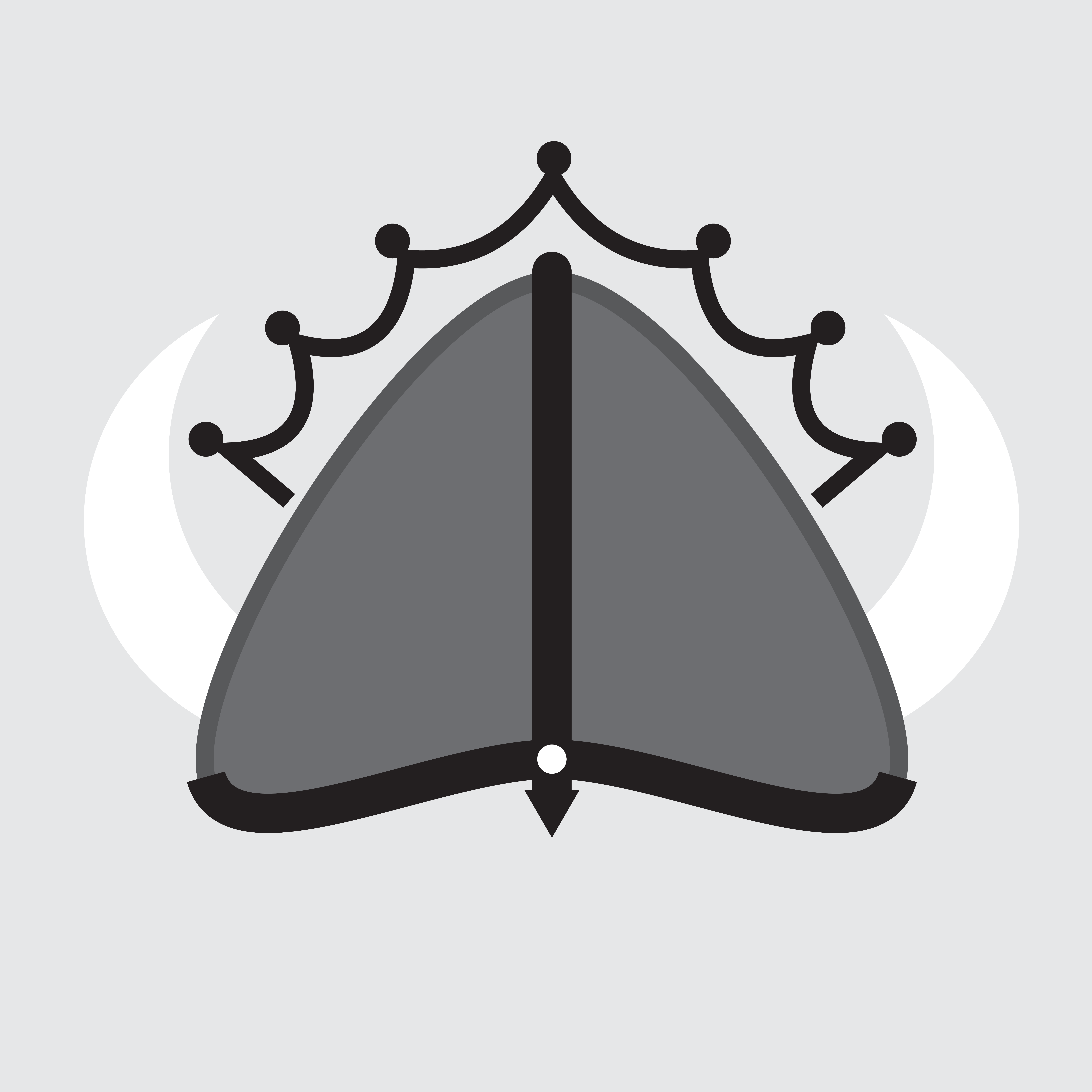 At the same time, we created a Discord community that would host the teams and invited the players to join it. We assigned them to their teams, invited them to a briefing meeting, on gave them our – the organizers’ – expectations of the project.
At the same time, we created a Discord community that would host the teams and invited the players to join it. We assigned them to their teams, invited them to a briefing meeting, on gave them our – the organizers’ – expectations of the project.
Not long after, we asked them to come up with names for the new teams. This is how Tea Time and V-Kings were born. I bet you can guess which is the “for fun” team and which is the competitive one.
One of the main things that has been considered from the beginning is giving the teams a “future vision”. In other words, we find them activities, friendly matches, and mini-series to participate in, and that in turn will motivate them to keep practicing.
Playing together (or practicing) with an event in mind is a lot easier than when you are doing something with no prospective. We are still trying different formulas for this concept and are excited on the collaborations that this has already created (and the ones to come).
Teams in action
Our League of Legends teams have stuck together for a solid 7 months by now! Some players have changed, as students’ lives are busy and unpredictable, and yet, the teams are still active.
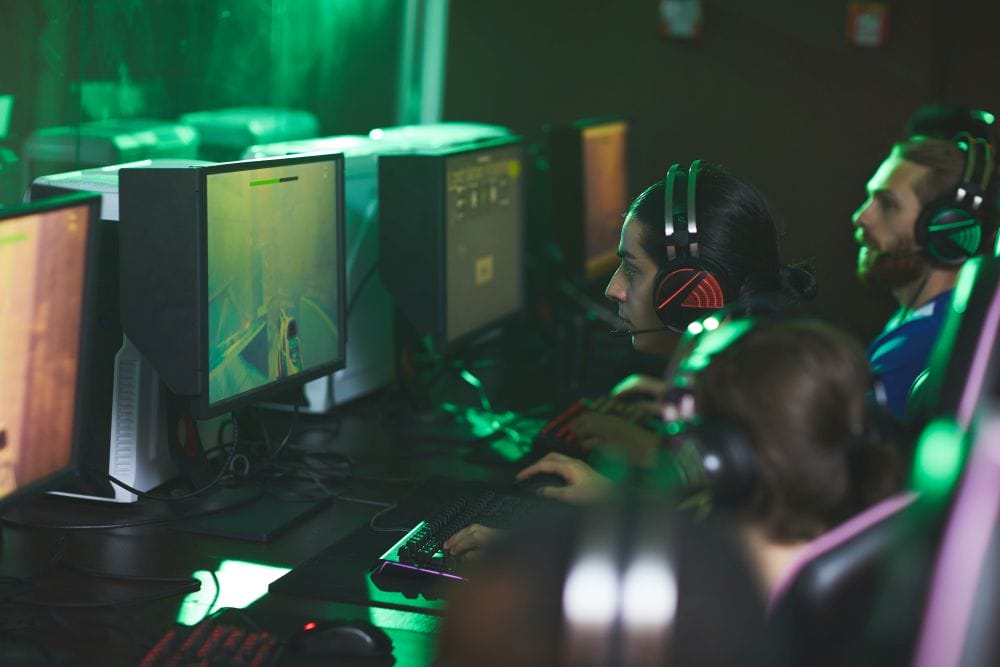 Most teams end up disbanding within a few months of operation, due to the rate of improvement plateauing, as opponents get better much faster than the team can realistically improve.
Most teams end up disbanding within a few months of operation, due to the rate of improvement plateauing, as opponents get better much faster than the team can realistically improve.
During that time together both teams have participated in different events, including a small tournament league called Kyssäriliiga with weekly matches, and friendly matches with foreign universities; Florida Universitaria from Spain and ITMO University from Russia. They included webinars, games and streaming and future collaborations were promised with both universities, being very fruitful interactions.
Even though our teams did not cumulate many wins during the events, (we were always the most recently formed team) many players agreed that it was a huge success to enjoy losing together, and having fun, even above winning every series of games.
What’s next?
We arranged a Teams Workshop 14/01/2022 with a few goals in mind; find out what players want and dream of and, help adjust their team to match their expectations. It’s very important to regularly make sure that every team member is satisfied with their team, to enable a team to thrive in the long run.
The Teams Workshop gave us good feedback which helped us realise our plans for spring of 2022. Our plans are to arrange more matches with foreign universities, alongside keeping up regular practices.
